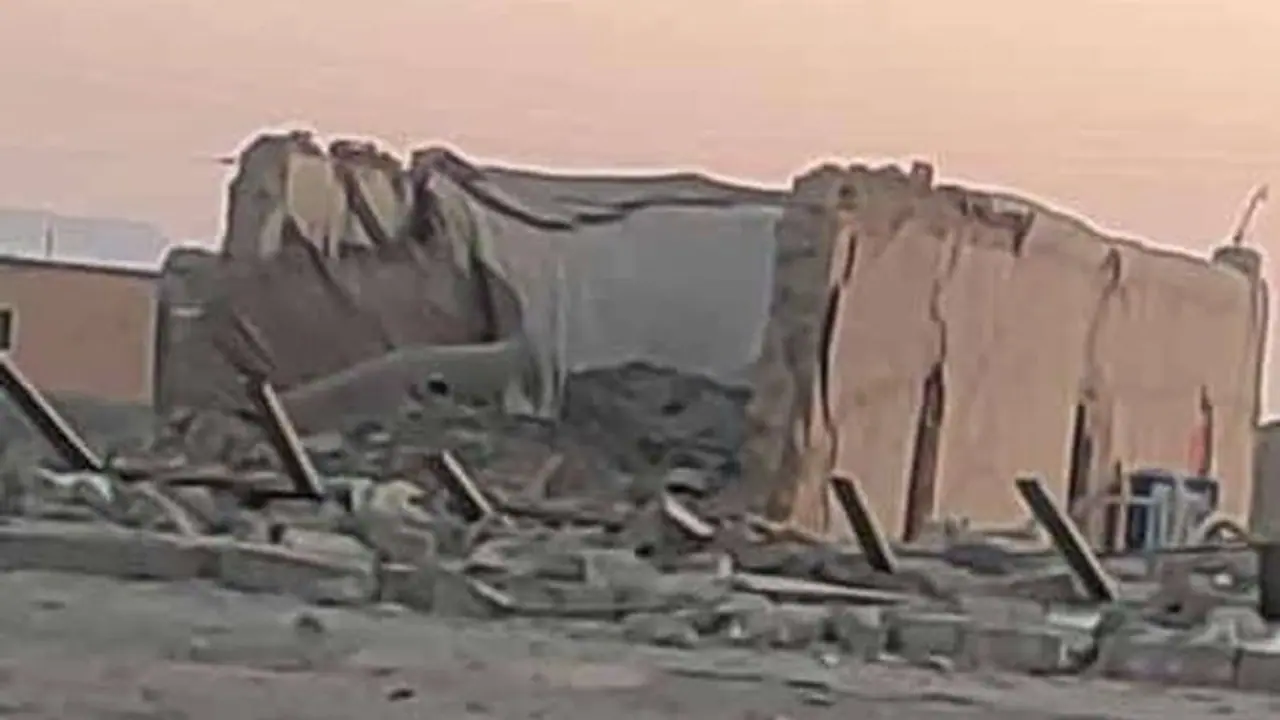Tensions rise between Iran and Pakistan as both countries engage in a series of military strikes following Iran's attack on a terrorist group within Pakistani territory. Pakistan retaliates by targeting Balochistan, prompting diplomatic measures and strong warnings
Pakistan conducted retaliatory military strikes on Thursday morning in Iran's Sistan-o-Baluchistan province, targeting and eliminating a "number of terrorists." This action comes in response to Iran's missile and drone strikes carried out two days earlier, which targeted terrorists within Pakistan's borders. The city of Saravan in Iran experienced several explosions during the retaliatory operation.

In an official statement, Islamabad announced, "This morning, Pakistan executed a series of highly coordinated and precision military strikes against terrorist hideouts in the Sistan-o-Baluchistan province of Iran. A significant number of terrorists were neutralized in this intelligence-based operation, codenamed Marg Bar Sarmachar."
The situation unfolded late on Tuesday when Iran, in an unprecedented move, targeted two bases of the Balochi militant group, claiming the action was in response to repeated security threats from Jaish al-Adl operating from Pakistani soil. The strikes resulted in the death of two individuals, prompting a swift and stern response from Pakistan.
In response to the violation of its sovereignty, Pakistan took diplomatic measures, recalling its ambassador in Tehran and blocking Iran's envoy from returning to Islamabad. The Ministry of Foreign Affairs in Pakistan deemed Iran's actions as "completely unacceptable" and issued a warning of serious consequences.
Despite the existence of communication channels between the two nations, Pakistan's Foreign Ministry expressed dismay at Iran's unilateral actions. Iran's Foreign Minister, Hossein Amirabdollahian, defended the strikes, stating that Jaish al-Adl had repeatedly targeted Iran's security from Pakistani soil.
Amidst the escalating tensions, India's Ministry of External Affairs maintained a cautious stance, asserting that the matter was bilateral between Iran and Pakistan. India emphasized its unwavering position of zero tolerance towards terrorism, acknowledging the right of countries to take action in self-defence.
The United States has expressed condemnation of Iran's recent military actions in Iraq, Syria, and Pakistan. Matthew Miller, the spokesperson for the U.S. Department of State, criticized Iran for violating the sovereign borders of three neighbouring countries within a short span. Miller pointed out the inconsistency of Iran being a major contributor to regional terrorism and instability while justifying its actions as counterterrorism measures.
Despite the condemnation, Miller expressed hope for a peaceful resolution to the conflict. "We think, we hope that that's an issue that can be peacefully resolved," he remarked, emphasizing the U.S.'s preference for a diplomatic solution.
As the situation unfolds, the international community closely watches the developments between Iran and Pakistan, hoping for a diplomatic resolution to defuse the rising tensions in the region.
Related Coverage
Pakistan-Iran ties blow up in border strikes; China seeks 'restraint'
Pakistan recalls its envoy in Iran, warns Tehran of 'right to respond'
Explained: Who are Jaish al-Adl group that was attacked by Iran in Pakistan?
Unprecedented: Iran airstrike on terrorist group in Pakistan
